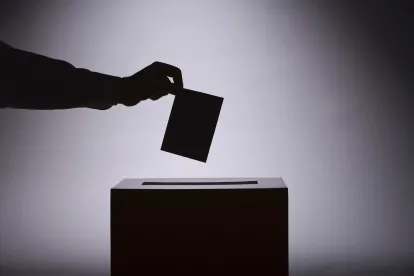As we have previously covered, the NLRB’s controversial “ambush” or “quickie” election rules went into effect April 14 of this year after a protracted legal battle. According to the NLRB, the controversial rules were intended to “streamline and modernize the representation case process and eliminate unnecessary litigation and delay.” But for many employers, the rules seem to be an unnecessary acceleration of the election process — one that unions have embraced to their advantage.
According to statistics obtained from the NLRB by various legal news agencies, the number of union petitions increased 32 percent during the first month following implementation of the new rules on April 14. 280 petitions were filed between April 14 to May 14, compared to 212 petitions filed between March 13 to April 13. This was also a 17 percent increase over the same time period a year prior — 240 petitions were filed between April 14 and May 14 in 2014, compared to the 280 in 2015.
While the uptick in petitions is worrisome for employers, the key statistic is the timing of elections — how quick are the “quickie” rules? Judging by the first month, employers were right to worry. The median time from the filing of the petition to the election dropped a staggering 40 percent, from 38 days under the old rules to just 23 days under the new rules. This gives employers on average two weeks less time to educate employees and respond to a union campaign, which may have been going on behind the scenes for several weeks prior to the petition being filed.
Meanwhile, litigation continues to attempt to curtail the new rules, but courts so far seem unwilling to rein in the NLRB. A federal district court in Texas dismissed a lawsuit on June 1 which challenged the rules, finding the NLRB did not exceed its power under the National Labor Relations Act by adopting the rules and that there was no evidence to support claims that the NLRB adopted the rule changes to favor unions. The plaintiffs in the Texas case have suggested they will appeal to the Fifth Circuit and a similar case is still pending in the D.C. District Court, but for now, it appears the new election rules are here to stay.



 />i
/>i

